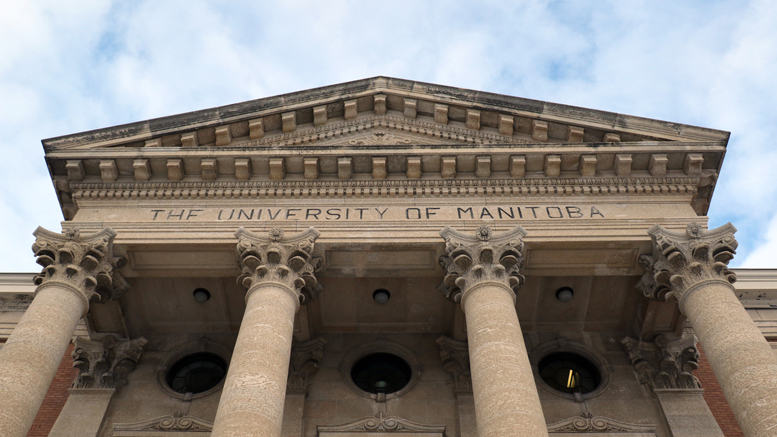Tuition fees across the country are on the rise again, according to Statistics Canada. In a public release posted to their website on Sept. 7, the government data collection agency said that full-time undergraduate students in Canada will pay an average of $6,373 in the 2016/17 academic year. That is 2.8 per cent higher than the 2015/16 average.
Students in Ontario will continue to pay the highest fees in the country, averaging $8,114, while Newfoundland and Labrador students pay the lowest, averaging $2,759.
This year, the average undergrad tuition for Manitoban students rose by 1.1 per cent from $4,013 last year to $4,058 this year.
A 5.6 per cent fee jump in Nova Scotia is mostly responsible for the 2.8 per cent increase, bringing the average tuition in that province from $6,834 last year to $7,218 this year. In 2015, the Nova Scotia government lifted a three per cent tuition cap in the province, prompting the increase.
CFS reaction
The Canadian Federation of Students (CFS) blames the federal government for allowing tuition rates to rise.
In a release circulated on the same day that Statistics Canada published its tuition data, CFS national chairperson and former University of Manitoba Students’ Union (UMSU) president Bilan Arte said, “Rising tuition fees are the direct result of the federal government delaying investments in our future.”
“Education is a right, and it is unjust that any student is denied access to public education because of a financial barrier.”
In Manitoba, although the rate increase is less than half of the national average, CFS-Manitoba chairperson Michael Barkman is equally concerned about the increases.
“What we’ve seen across the country is that the trend is still that tuition fees are increasing higher than the rate of inflation,” said Barkman. “There are a lot of people who can’t even afford tuition, even in Manitoba where it’s cheaper.”
“What we really want to see in Manitoba is tuition kept to these affordable rates and then lowered.”
On Nov. 2, CFS will host its annual Day of Action to protest the trend of tuition increases across the country. Events across the province and in Winnipeg have yet to be announced.
Increases across the board
Across the country, increased tuition rates affected all undergraduate programs with the exception of pharmacy, which saw an average 18.4 per cent decrease in tuition. The programs that saw the highest increases were law, engineering, and dentistry, which all saw a tuition jump of 4.2 per cent.
Graduate tuition fees also increased nationally for the 2016/17 academic year, although not by as much as undergraduate programs. The average cost of tuition for graduate students this year will be $6,703, a 2.5 per cent increase from last year.
In Manitoba, graduate tuition increased by 1.2 per cent, 0.1 per cent higher than that of undergraduate programs.
Tuition fees for international undergraduate students across the country also rose this year, but not at the same rate as in 2015/16. International students can expect to pay 5.6 per cent more this year, making their average tuition $23,589.




